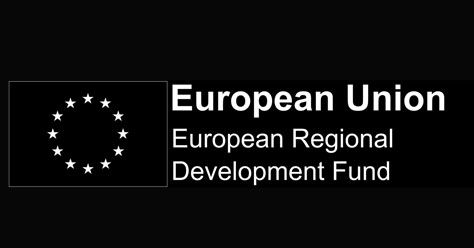About Rebel Music Map
This project is an attempt to crowdsource a comprehensive history of rebel music in the London Borough of Lewisham.
Pre-populated with a number of pins to prompt contributions and jog memories, it seeks to collaboratively build a more complete picture of Lewisham’s proud yet often hidden role in 20th and 21st century music.
Primarily concerned with the descendants and antecedents of Reggae and Punk, its focus is on music from the margins – sounds whose aesthetic offers an implicit (and often explicit) critique of the establishment and status quo.
People
The Rebel Music Map was inspired by conversations between Soft Wax and Will Cenci. Tantalising details of Lewisham’s largely untold, yet crucial role in some of the most seismic cultural moments in 20th century music would often emerge, but without sufficient detail to stand alone.
As such, this project seeks to not only find an appropriate form of presentation for these orphaned details, but to encourage the public to contribute to and deepen our shared knowledge of Lewisham’s musical past.
Soft Wax has been involved in the London music scene for approaching 50 years. He acts as the prime mover in exploring the musical and personal inter-connections within the Borough of Lewisham and far beyond.
Soft Wax is part of the Deptford Dub Club collective.
Will Cenci is a public engagement professional and sometime artist who grew up in Lewisham and works at Goldsmiths, University of London.
He has designed, produced and curated engagement activities in a diverse range of contexts, including the V&A, Horniman Museum and Gardens, City Hall, Migration Museum, Field Day and Lewisham People’s Day.
His artwork has been shown at South Kiosk, Cafe Gallery Projects, Nesta and APT Gallery.
Acknowledgements
A number of pins featured on the Rebel Music Map are sourced from existing websites / projects, including the Transpontine blog and A Reggae Music Map of New Cross. Both sources are a must for anyone with an interest in Lewisham music past and present.
Supported by:




